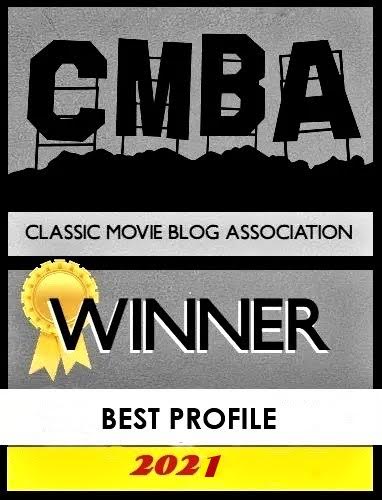
Before Lucille Ball became known as the “Queen of Comedy,” Ball appeared in a wide variety of dramatic roles. Though she would become renowned for her comedic timing in the years to come, Ball also proved to have a worthy grasp of more serious performances.
The Big Street (1942) features Ball alongside Henry Fonda in the drama based upon Damon Runyon’s short story, “Little Pinks.” Runyon went on to produce the film, while Leanard Spigelgass wrote the screenplay. Produced and distributed by RKO Radio Pictures, the film was directed by Irving Reis.
In the film, Augustus “Little Pinks” Pinkerton II (Fonda) is in a relationship with the icy but beautiful singer, Gloria Lyons (Ball). Lyons is crippled after her boyfriend and nightclub owner, Case Ables, pushes her down the stairs. Lyons finds support in Pinkerton as well as shelter. Pinkerton and Lyons eventually find themselves traveling to Florida to aid in Lyons’s recovery, where she reunites with an old flame. As Lyons grapples with her new reality, her relationships change immensely.
The cast list of the film is as follows:
- Henry Fonda as “Little Pinks”
- Lucille Ball as Gloria Lyons
- Barton MacLane as Case Ables
- Eugene Pallette as “Nicely Nicely” Johnson
- Agnes Moorehead as Violette Shumberg
- Marion Martin as Mimi Venus
- George Cleveland as Colonel Samuel Venus
- William T. Orr as Decatur Reed
- Ray Collins as the Professor
- Sam Levene as the Horsethief
- Vera Gordon as Mrs. Lefkowitz
Upon its release, the film received positive critical reception for Reis’s direction, as well as the performances given by Fonda and Ball. Spigelgass’s reimagination of Runyun’s text for the screen was also lauded.
Behind the scenes, Ball faced some complications. She felt that she was “Queen of the Bs,” alluding to her many appearances in B-level films. In the case of The Big Street, Runyon initially sought to cast Charles Laughton and Carole Lombard as the two leads. While neither star was interested, Lombard did suggest that Runyon consider her close friend, Ball, for the role. In response, the role was offered to Ball, despite other better-known actresses being considered for the part.
At the same time, Ball and Fonda working together posed some concern to Ball’s husband, Desi Arnaz. Ball and Fonda had been romantically involved in the past, and Arnaz felt that they may strike up a romance once again. As a result, Arnaz was frequently present on set. Nonetheless, Ball considered this film to be her favorite one of her filmography and she felt that her performance was unfairly ignored by the Academy of Motion Picture Arts and Sciences.
Overall, Ball was a multifaceted talent, and her performance in The Big Street alongside her many talented co-stars and supporting stars is certainly worth viewing.





















I love Lucy but this is a film I can’t watch again.
Fonda is a mooning nothing and she plays her character with a one-note meanness that just doesn’t come to anything.
I watched it once when I was a kid – and again when I was in my twenties. I doubt that Laughton & Lombard could have done anything with it either.
A curiosity that a fan of either star might want to watch once. Thanks for reminding us of it – but it’s a miss for me.
Memories of my first viewing of this in my teen years. I found it a disturbing movie. Perhaps too much television Lucy had clouded the experience. These days I would recommend it for any fan as a must-see. An odd story, but most compelling.